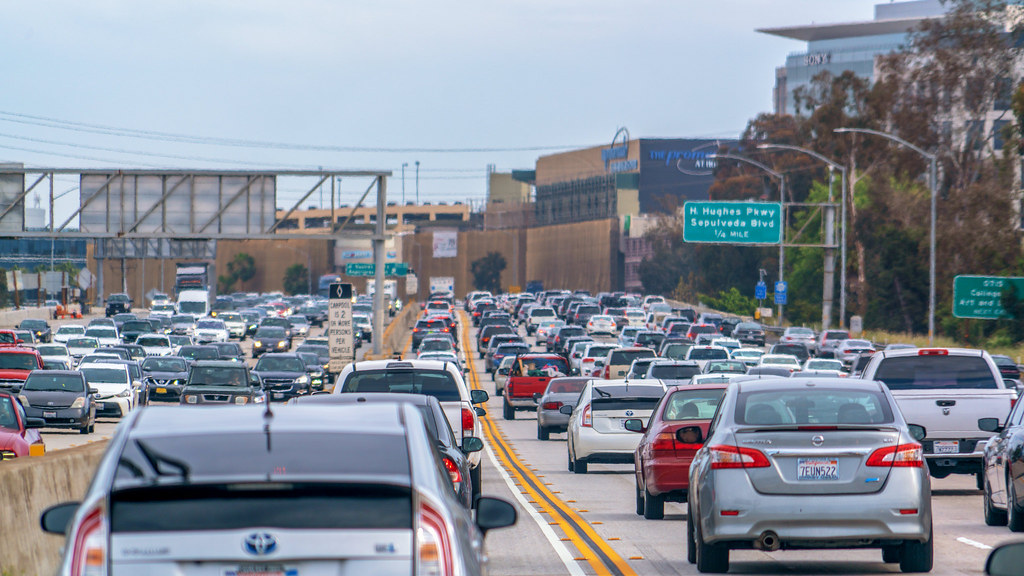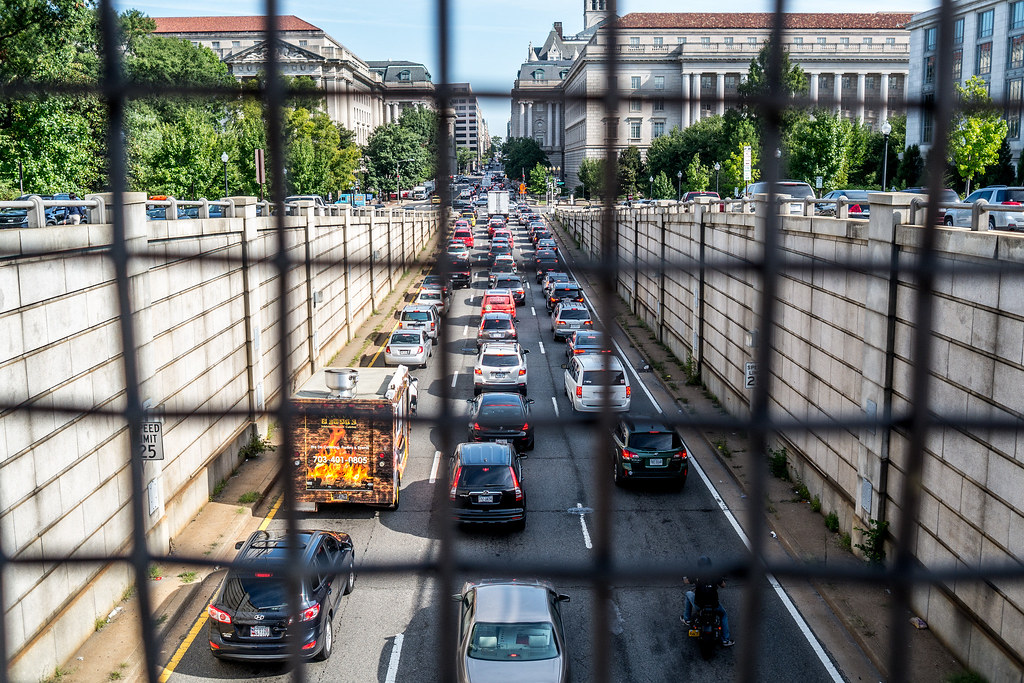美國環境保護署(Environmental Protection Agency,EPA)4月撤回了先前保留2022至2025年汽車溫室氣體標準的決定,打算收回歐巴馬時代的車輛油耗規範,導致美國17州和哥倫比亞特區決定聯合按鈴控告EPA違反空氣清淨法(Clean Air Act)。
加州州長布朗、州檢察長貝塞拉和加州空氣資源委員會(California Air Resources Board,CARB)5月1日宣布主導此訴訟,以維護美國的車輛排放標準,對抗空氣污染毒害並改善汽車油耗。
「參與的州總計代表1億4000萬人,這些人要的只是更乾淨的空氣和有效率的車。」布朗表示。
「我們努力守護的這套排放標準於2012年通過,要到2022年才會開始生效。這個標準對陷入危機並渴望穩定的汽車產業來說是一線生機,也是工程師對今日技術能耐的最佳判斷。事實上,由於汽車業的努力,這些標準已經逐步實現中,早了期限好幾年。」CARB主席尼可斯(Mary Nichols)說,「但是現在署長普魯特在沒有新資訊或事實的情況下打算放鬆管制,讓所有進展回到原點。這個決定禁不起檢驗。」
無黨派智庫紐約大學法學院政策完整性研究所(Institute for Policy Integrity )發表報告「EPA燃油效率決策分析」(Analyzing EPA's Fuel-Efficiency Decisions)指出,EPA撤回標準之舉沒有事實或經濟分析的依據。
例如,EPA引用燃料價格下降和影響電動汽車增長等理由來撤銷其先前的決定,但根據紐約大學的報告,燃料價格和電動汽車銷量實際上都在增加。
報告作者之一、經濟學家史瑞德(Jeffrey Shrader)表示,「EPA取消排放標準的決定沒有事實依據。支持現行標準的資料強而有力,而且自2017年EPA徹底審查排放標準至今,這些資料並沒有重大改變。」
根據估計,此車輛排放標準可減少相當於134個燃煤電廠燃燒一年的碳污染,並幫每輛車節省1650美元。而汽車業正逐步往標準邁進,甚至可以超過這些標準。
加入訴訟陣營的州有康乃狄克州、達拉威州、伊利諾州、愛荷華州、緬因州、馬里蘭州、麻州、明尼蘇達州、紐澤西州、紐約州、奧勒岡州、賓州、羅德島、佛蒙特、維吉尼亞州、華盛頓州以及哥倫比亞特區。這些州的新車市場總計佔全國約43%,人口佔全美44%。
17 states and the District of Columbia filed a lawsuit challenging the U.S. Environmental Protection Agency’s move to weaken emissions standards for cars. The lawsuit accuses the agency of failing to follow regulations and violating the Clean Air Act with its plan to roll back Obama-era mileage regulations on vehicles.
In April, EPA withdrew its prior decision to retain the 2022-2025 automobile greenhouse-gas standards, prompting the lawsuit.
Moving to curb toxic air pollution and improve car gas mileage, California Governor Jerry Brown, California Attorney General Xavier Becerra, and the California Air Resources Board today announced that they are leading the coalition in suing the EPA to preserve the nation’s single vehicle emission standard.
“The states joining today’s lawsuit represent 140 million people who simply want cleaner and more efficient cars,” said Governor Brown.
“The standards we are fighting to protect were adopted in 2012 and don’t take effect until 2022. They were a lifeline thrown to an industry that was in trouble and desperate for stability,” said CARB Chair Mary Nichols.
“They were based on the best judgment of engineers about what technology could achieve. And in fact they are being achieved today, years ahead of the deadlines, because of the good work of the auto industry,” she said.
“But now Administrator Pruitt, based on no new information or facts, wants to roll back all that progress in the name of deregulation,” Nichols said. “It does not withstand scrutiny and it will not stand.”
The Institute for Policy Integrity at New York University School of Law, a non-partisan think tank, has released a new report analyzing EPA’s decision to withdraw the standards. The report finds that EPA’s basis for withdrawing the standards is not grounded in fact or in economic analysis.
The report, “Analyzing EPA’s Fuel-Efficiency Decisions” was authored by Bethany Davis Noll, Peter Howard, PhD, and Jeffrey Shrader, PhD, of the Institute for Policy Integrity at New York University School of Law.
For example, EPA cites factors such as lower fuel prices and concerns about the growth of electric vehicles as reasons to reverse its earlier decision, but both fuel prices and electric vehicle sales are in fact rising, the NYU report points out.
Shrader, an economic fellow at the Institute for Policy Integrity, said today, “EPA provided no factual basis for its decision to reverse course on emissions standards. The data supporting the existing standards is robust, and it has not changed significantly since the agency’s thorough review in 2017.”
The federal standard the states are suing to protect is estimated to reduce carbon pollution equivalent to 134 coal power plants burning for a year and to save drivers $1,650 per vehicle. The car industry is on track to meet or exceed these standards.
Joining California in filing today’s lawsuit were the attorneys general of Connecticut, Delaware, Illinois, Iowa, Maine, Maryland, Massachusetts, Minnesota, New Jersey, New York, Oregon, Pennsylvania, Rhode Island, Vermont, Virginia, Washington, and the District of Columbia.
This coalition represents approximately 43 percent of the new car sales market nationally and 44 percent of the U.S. population.
※ 全文及圖片詳見:ENS






